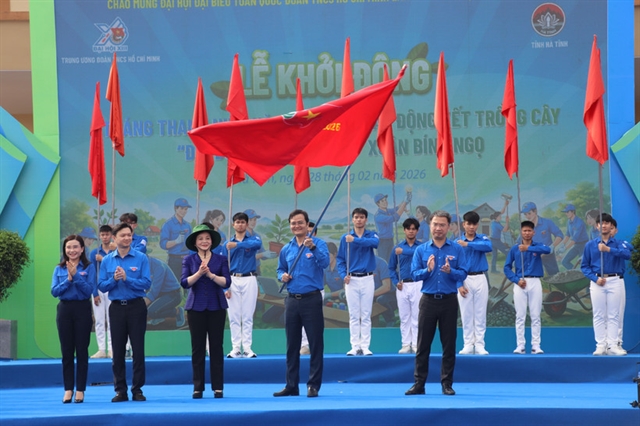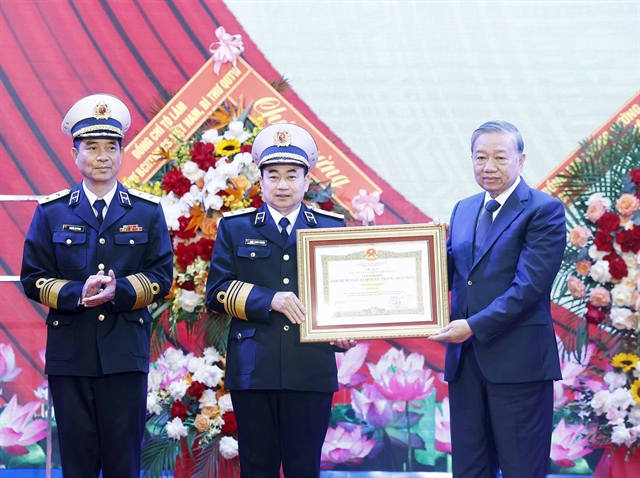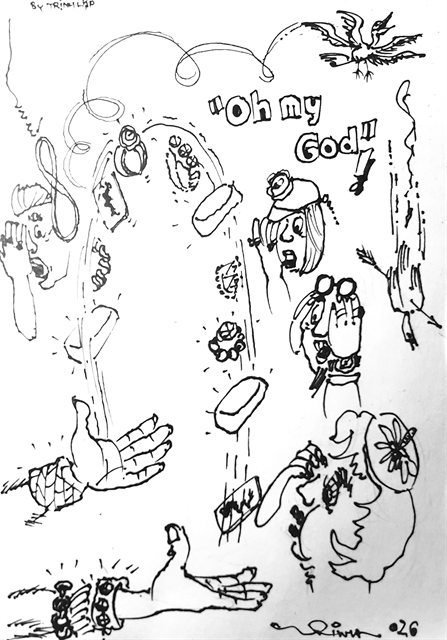 Talk Around Town
Talk Around Town
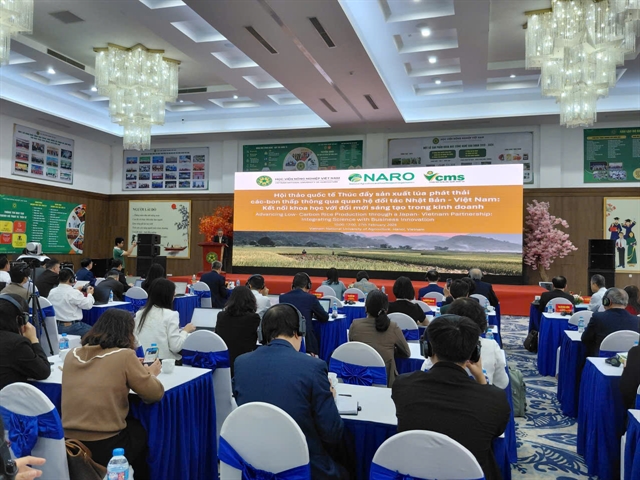
Give your children the chance to value work and make their own money, so they appreciate what you have given them.
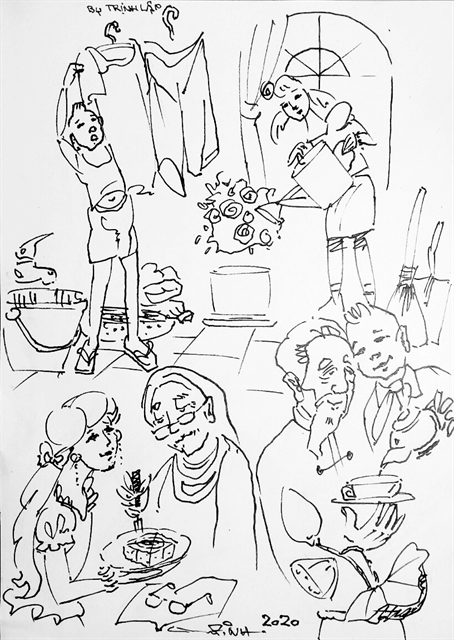
|
| Illustration by Trịnh Lập |
by Nguyễn Mỹ Hà
School has been underway for a few weeks already and among the hassle of getting the kids ready for the new school year, netizens were aghast to hear that, according to leaks from a prominent private college recruiting for the first time, some rich kids were given a new car or perhaps an apartment to welcome in another year of study.
Some parents asked the school whether giving their children a hundred million đồng (US$4,300) a month was enough!
Peer pressure kicks in quite early for Việt Nam’s young, who are exposed to ostentatious displays of wealth, power, and privilege from an early age.
I remember my daughter coming home from primary school and talking about how some of her classmates had Gucci shoes or Chanel bags. I spent a lot of time explaining to her that they might be fake shoes or bags, then asking whether such things were that good anyway. In the end, I just told her that her friends’ families are different from hers and life is not a competition.
Kids being kids, they observe and judge in their own way. One of her other classmates told her his family owned a golf course, while another had a swimming pool and yet another had a chauffeur drop him off at school every morning and pick him up every afternoon. I could easily confirm there was indeed a kid being dropped off and picked up by a chauffeur, but I never did find out if the golf course or pool were real. Maybe they were just products of fertile young imaginations.
I did what I could to convince my daughter that she wasn’t at any disadvantage, and pointed out that, really, being dropped off at school by someone who loves you is a much better start to the day.
“There are three different ‘tea groups’ in my class,” she told me when she reached junior high.
“The rich-kid group goes to Starbucks, the next group, the sort-of-rich-kids group, goes to Highlands Coffee, and the third one, mine, share a tall glass of iced lemon tea that costs VNĐ7,000!”
“It’s a good thing to have close friends to share things with!” I told her. But I also know it’s a good thing to have friends to share things in style in a trendy café.
There’s a Vietnamese saying on the subject that parents tell children who fancy things the family simply can’t afford: “Con nhà lính, tính nhà quan!”, roughly translating as “a soldier’s child, with the tastes of a mandarin’s!”
Of course, every parent wants their kids to have more than they did. But some people take it to the extreme, giving their kids everything that opens and shuts. It often backfires, ironically, as kids given things too easily grow up to be adults who don’t appreciate the hard work, the resilience, and, frequently, the sacrifice their parents made for them.
No one’s a winner in that scenario.
“Nước mắt chảy xuôi”, or tears only fall downwards, is another saying. Parents “fall” for the sake of their children, it goes, and the opposite needn’t happen. Those who believe so may need to think again, though. Give your children the chance to value work and make their own money, so they appreciate what you have given them.
“My mum is like a queen,” one of my daughter’s friends complained when she was over one day. “She sits there, polishing her nails, and tells me to go clean my room, or asks if I’ve washed the dishes, or tells me to turn the automatic floor cleaner on. I feel like a servant!”
She’s exaggerating, of course. It’s a good idea to insist your kids do a share of the housework and be responsible for the state of their own room.
Her parents have actually done a great job teaching her how to be independent and to also know about chores. “My parents are rich, but I’m not!”, she once said in self-awareness and confidence.
Her family still travel deluxe together, because she’s an only child. But if she ever had a sibling, she would have to go back to economy with her younger brother or sister.
These are tough life lessons. But I believe she will grow up to be a well-adjusted adult with humility and respect for others. VNS


